Royal History's Biggest Fibs with Lucy Worsley - Season 1

Season 1
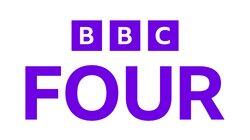
Episodes

Reformation
Lucy Worsley discovers how the history of the English Reformation has been manipulated and mythologised by generations of politicians and writers. It's usually portrayed as a lusty royal soap opera. But Lucy reveals that it was about far more than just a randy king in pursuit of a younger wife and a long-awaited male heir.
Henry's divorce from Catherine of Aragon, a Catholic, created a religious and political schism between England and Europe that can be still be felt in Britain today. It also laid the foundations for our modern constitution and economic power as an empire.
But this fundamental shift in our cultural, political, and economic fortunes wasn't driven by Henry VIII's Protestant zeal. Lucy begins by demolishing one of the founding myths about the English Reformation: far from being a ready ally of Martin Luther's Protestant revolution, Henry remained a Catholic to his death. It was his wife Anne Boleyn and his fixer Thomas Cromwell who championed the Protestant cause.
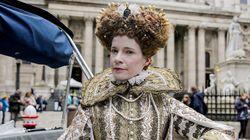
The Spanish Armada
Lucy Worsley discovers how the history of the Spanish Armada has been manipulated and mythologised by politicians and artists for generations.
This is an inspiring tale of an underdog English navy defeating an ‘invincible' Spanish fleet, the moment that set England on the path to imperial glory. Tales of Sir Francis Drake calmly finishing his game of bowls and Elizabeth I rousing her troops at Tilbury with the ‘heart and stomach of a king' have become iconic. This, however, is a story full of fibs.
Lucy explores how Elizabethan propaganda spun this as a victory for the Protestant Virgin Queen. She then finds out how the Victorians celebrated it as the start of the British Empire, the point in time when Britain truly began to rule the waves.
Right up to the present day, the defeat of the Spanish Armada has been told and retold to show Britain as an island nation destined for greatness. But what if the story of that victory is built on sand?
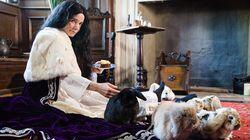
Queen Anne and the Union
Lucy Worsley explores how Queen Anne's reputation and legacy have been marred by a sustained campaign of historical fibs. When Queen Anne came to the throne in 1702, England looked set to be dominated by France and Spain. But Anne fought bravely to help England become a leading European power. She also helped unite England and Scotland to create Great Britain.
Anne was shy and reclusive. At first, she was supported as queen by her childhood friend and 'favourite', Sarah Churchill. However, they increasingly clashed over personal tensions and politics.
When Sarah's cousin Abigail Masham became a lady-in-waiting, she began to replace Sarah in the queen's affections. In revenge, Sarah helped pen a bawdy ballad claiming Anne and Abigail performed 'dark deeds at night'. This led to endless rumours about Anne's sexuality that persist to this day.
In the end, Sarah was dismissed. Thirty years after Anne's death, Sarah took further revenge by publishing a tell-all story of her time as the queen's favourite. Her portrait of Anne, as a foolish and stubborn woman, has been taken on board by most historians. But Lucy finds it is full of fibs.
Hollywood used Sarah's version of history to create 2019's The Favourite, destroying Queen Anne's reputation for a whole new generation. Lucy reveals Anne to have been a smarter, more successful queen than history has ever acknowledged.
Recently Updated Shows
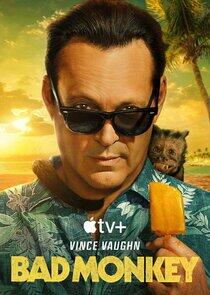
Bad Monkey
Bad Monkey tells the story of Andrew Yancy, a one-time detective demoted to restaurant inspector in Southern Florida. A severed arm found by a tourist out fishing pulls Yancy into the world of greed and corruption that decimates the land and environment in both Florida and the Bahamas. And yes, there's a monkey.
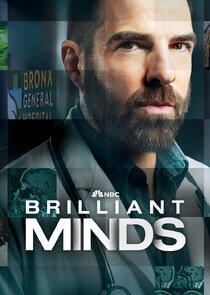
Brilliant Minds
Inspired by the extraordinary life and work of world-famous author and physician Oliver Sacks, Brilliant Minds follows a revolutionary, larger-than-life neurologist and his team of interns as they explore the last great frontier - the human mind - while grappling with their own relationships and mental health.
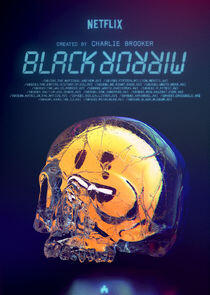
Black Mirror
Over the last ten years, technology has transformed almost every aspect of our lives before we've had time to stop and question it. In every home; on every desk; in every palm - a plasma screen; a monitor; a smartphone--a black mirror of our 21st Century existence. Black Mirror is a contemporary British re-working of The Twilight Zone with stories that tap into the collective unease about our modern world.

